What formula is needed to find the perimeter of this shape?
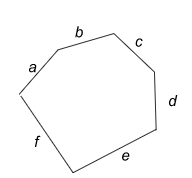
P=a+b+c+d+e+f
What formula represents the Pythagorean Theorem?
a^2+b^2=c^2
What formula would you use to find the perimeter of this shape?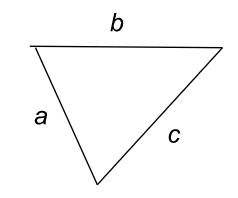
P=a+b+c
What is the area of this square?
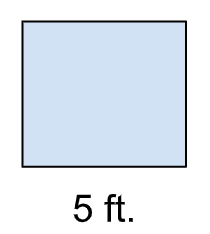
25 ft2
What is the formula you use to find the area of a triangle when you know the height?
A=(bxxh)/2
A=(1/2)(b)(h)
A=0.5bh
What is the perimeter of this shape?
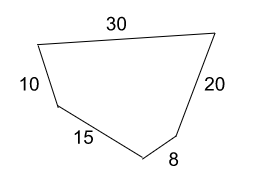
83 units
What is the Pythagorean Theorem used for?
To find the length of the hypotenuse.
What formula would you use to find the perimeter of this shape?
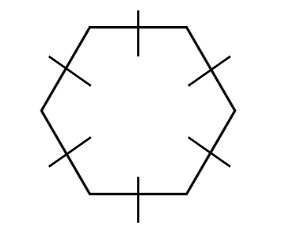
P=6s
or
P=s+s+s+s+s+s
What is the area of this shape?
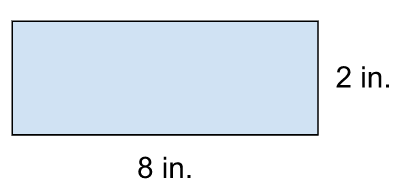
16 in2
What is the area of the triangle?
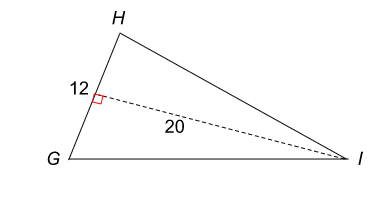
120 units2
A quadrilateral has a perimeter of 60 ft. If three of its sides are 10 ft, 12 ft, and 15 ft long, what is the length of the fourth side?
23 ft.
Use the Pythagorean Theorem to find the length of the hypotenuse. Round to the nearest tenth.
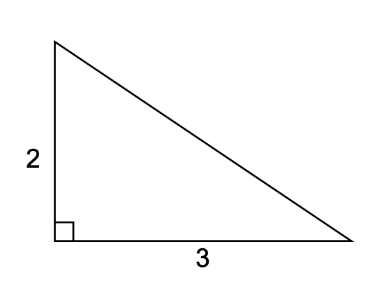
13.6 units
What is one of the formulas you would use to find the area of a square?
A=bxxh
or
A=s^2
What is the area of the parallelogram?
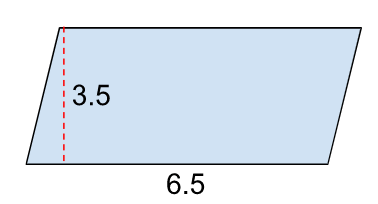
22.75 units2
What is the area of the trapezoid?
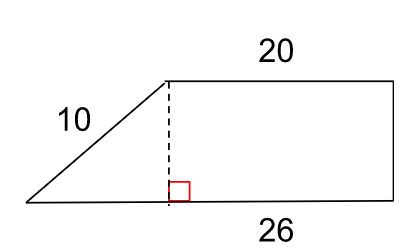
184 unit2
What is the perimeter of this shape?
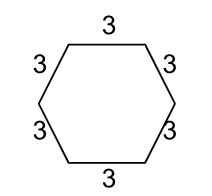
18 units
Given: a 40-ft flagpole casts a 60-ft shadow
Find: length of line segment AB to the nearest tenth.
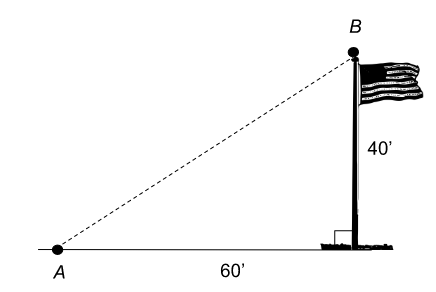
72.1 ft.
What is the formula to find the area of a trapezoid?
A=(base_1+base_2)/2xxh
or
1/2xx(base_1+base_2)xxh
Find the area of the parallelogram. You will first have to find the height using the Pythagorean Theorem.
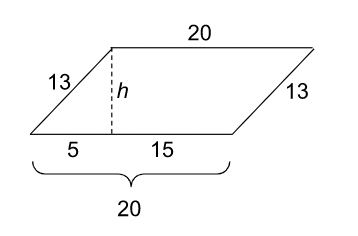
240 units2
Find the area of the parallelogram. You will need to use the Pythagorean Theorem to find the height first.
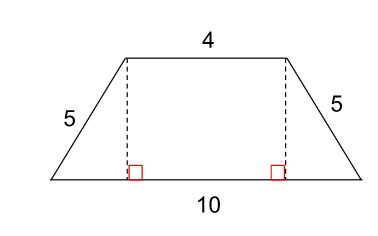
A = 28 units2
Regular Nonagon, s = 12
Perimeter = ________________
108 units
Using the Pythagorean Theorem, find the length of the missing leg of this right triangle.
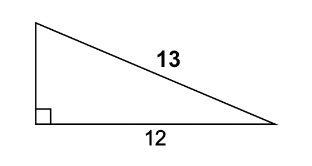
5 units
Write Heron's Formula.
Area = sqrt s(s-a)(s-b)s(b)
s=1/2(a+b+c)
What is the area of the parallelogram? You will first need to use the Pythagorean Theorem to find the height.
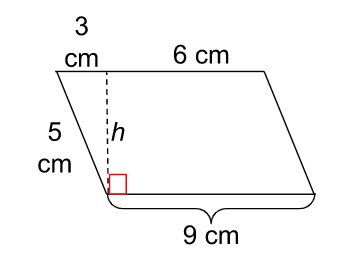
36 cm2
Use Heron's Formula to find the area of this triangle. Round your answer to the nearest tenth.
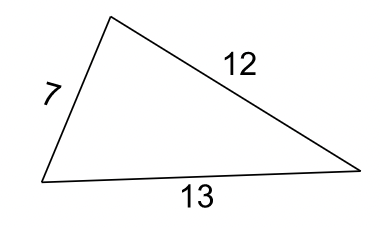
41.6 units2